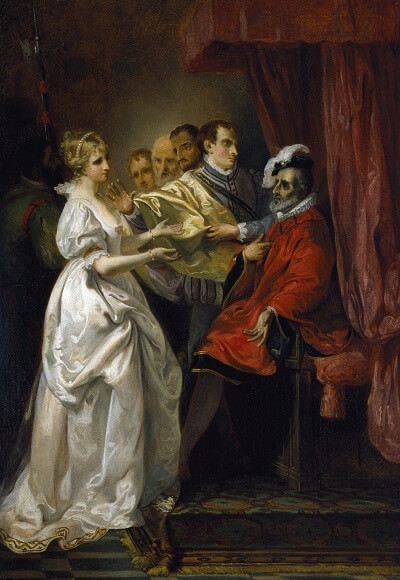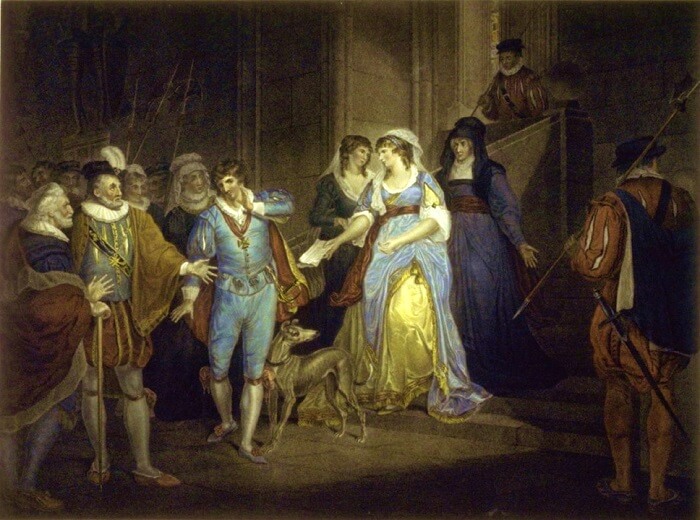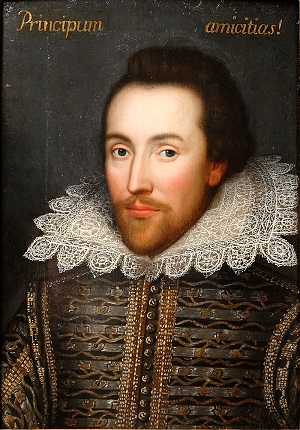 Beautiful Stories from Shakespeare I
Stories from Shakespeare I
Beautiful Stories from Shakespeare I
Stories from Shakespeare I



 Beautiful Stories from Shakespeare I
Stories from Shakespeare I
Beautiful Stories from Shakespeare I
Stories from Shakespeare I

Study the assigned Shakespeare story over the week.
Over the week:
Activity 1: Recite the Story Information
Activity 2: Narrate the Story
Activity 3: See the Playwright and Poet William Shakespeare

Activity 4: Map the Play



Activity 5: Can You Find It?
During the week, zoom in to study the painting, 'All's Well That Ends Well Act V Scene III,' by Francis Wheatley. Find the following:

Activity 6: Rehearse the Play Scenes

Activity 7: Hold Opening Night